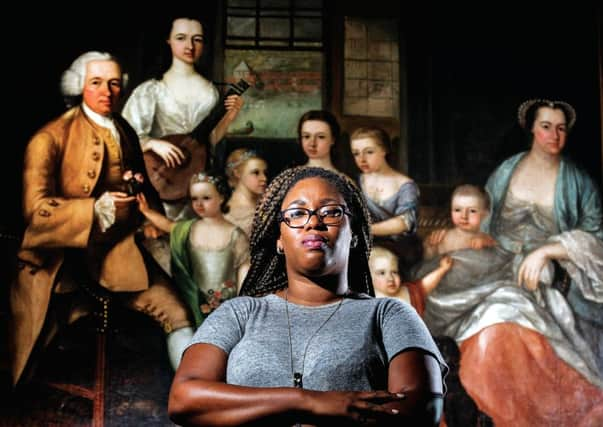Leader: Second City of Empire's bitter inheritance


Consult evidence held at the National Library of Scotland and you will find that in the mid-1700s, Scottish newspapers carried adverts offering slaves for sale, or rewards for the capture of escaped slaves. It did not become illegal to own a slave in this country until 1778.
How often do we stop to consider whether the architectural heritage we proudly admire in our city centres might represent the fruits of wealth generated in the trade of human beings? Rarely. More often than not, we would rather not delve too deeply to find the answers, explaining away this uncomfortable inconvenience by believing that those were different times, and we can’t change the past.
Advertisement
Hide AdAdvertisement
Hide AdThat’s true, but we can change the future. And to move forward, it is often necessary to confront the past, and try to understand it.
It is heartening to see that the University of Glasgow is doing just that, and taking the bull by the horns by investigating its own legacies of slavery, which it may have benefited from. And in addition, Glasgow City Council is marking Black History Month.
If shining a light on a murky past reveals unpleasant truths, we might feel guilt, but in fact we are taking a necessary step to deal properly with our history. If there is shame, it is perhaps not that our ancestors behaved in a way we had no control over, but that it has taken us so long to recognise our own denial.
Glasgow has taken a lead here. Edinburgh, Dundee and Aberdeen should follow suit, even if we believe the slave trade existed on a smaller scale in those cities.
There is nothing to fear about our past, unless we choose to ignore the lessons we can learn from it.